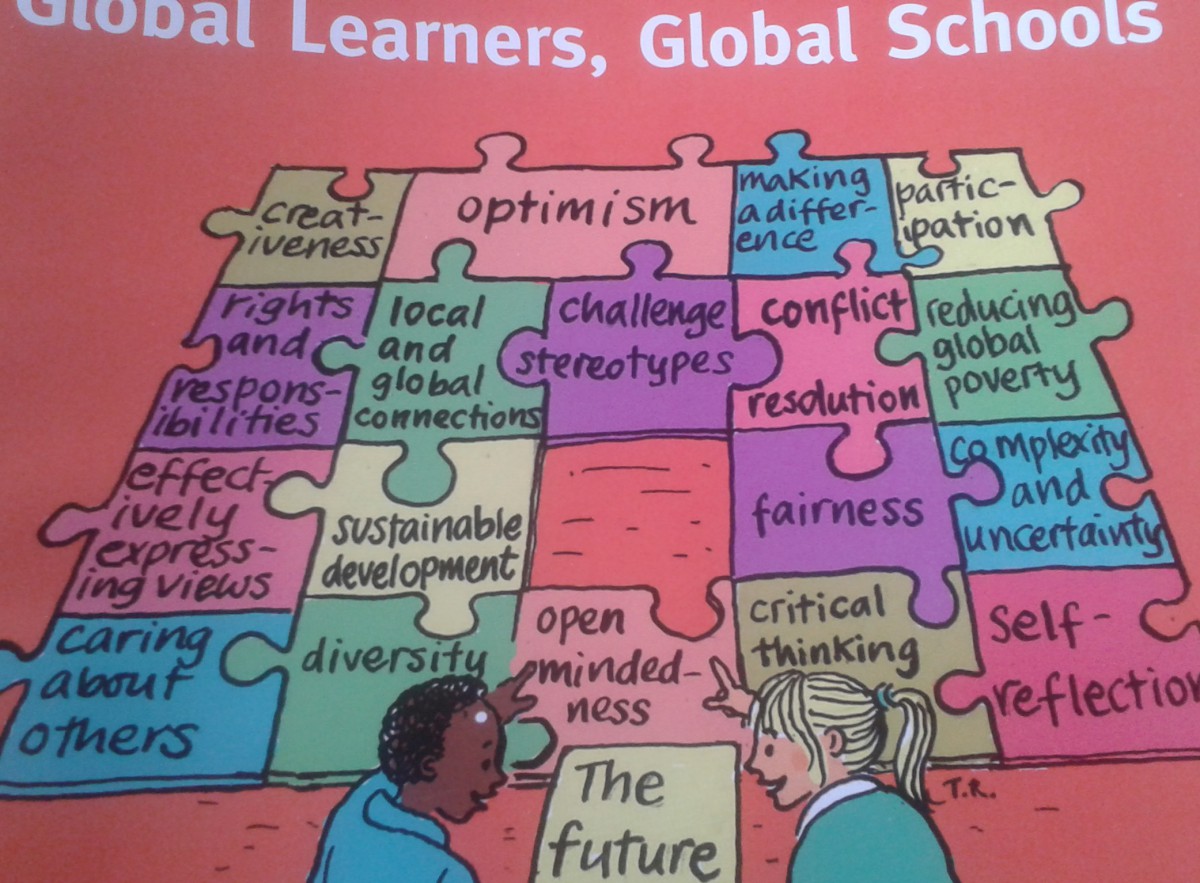Where do you come from? I like to ask people I am getting to know this question. It’s ambiguous because you could literally answer where you came from that day to get to wherever we’ve just met – “straight from school in Chester,” for example.
Or you could state where you live – in my case Wirral, or to anyone from another country or down south, Merseyside, or near Liverpool, or between Liverpool and Chester.
Or you might say where you were born and raised – in my case I say Hertfordshire, because most people have never heard of Hertford. Occasionally one might say “oh, I know, whereabouts exactly?” and I then say Hertford itself.
Rarely do I get the chance to explain who I really am and where I come from through time. My father was Australian, born in Melbourne. He met my mum, who was born in Hertford to a Welsh father and whose mother was from Cambridge, in the 1950s in Queensland when she was working out there. My father’s family originate from Essex. And were not convicts (I have to explain when people ask). So I am a quarter Welsh, half Australian and a bit English. When it comes to sport I am English, then British. I have dual nationality, two passports,and feel very close to my Aussie family and friends; I am very proud of that heritage. But I am definitely more British – I guess simply because of my upbringing here in the UK. But this is only the starting point of my blog this week because as much as I love sport, human rights are far more important.

All the press and publicity over the summer regarding refugees, asylum seekers, migration, immigrants, Calais, Hungary, Germany, Syria, Turkey, etc etc really upset me. The perception was that the UK does not want any more immigrants; that we are full and overcrowded; that our welfare and health systems are overworked and under-resourced as it is; that terrorists are flooding in, etc. Where’s the balanced reporting? Does everyone think this? Charitable organisations are collecting lorry loads of supplies to take to Calais; Jeremy Corbyn, the new Labour party leader, has emphasised that the UK is a wealthy country: which it is. He has a quiet, unflustered, almost unconventional manner in terms of party politics in this country, which is refreshing. He appears to be honest and principled, talking about social justice, equality, peace, listening, discussing, solving problems and getting on with each other. His policies of course may or not be either popular or even practical, but he speaks a language of hope, and peace and care. He’s not preaching a selfish code. The statistics on immigration across Europe are revealing too – how few asylum seekers the UK takes compared to other EU nations, for example. Look at the figures for asylum seeker applications last year:
- UK 31,400
- Italy 56,300
- France 63,100
- Sweden 81.300
- Germany 166,800
It is well known that the UK government (Conservative) has said it will support 20,000 Syrian refugees over the next 5 years. Germany took that many in one weekend. More than half the world’s asylum seekers (52%) in 2014 came from 5 countries – Syria, Afghnaistan, Somalia, Sudan and South Sudan. [All facts from The British Redcross]
At CDEC – Developing Global Learning we explore these issues and facts with teachers so that they can open up discussions and dismantle preconceptions and stereotypes. Many of the Syrian refugees are highly educated, wealthy people who have left home with nothing, just their children. Perhaps left some of their family behind, for now. We explore these issues through the Global Teacher’s Award course, and through stories and discussing images with children. My question to children, teachers. Headteachers, friends, acquaintances, the British press, joe public, David Cameron is: who do you think you are? Where did and do you come from? WE ARE ALL MIGRANTS. Even if you were born here and your parents were, etc. you could be from Ireland (1850s), France (Normans), Scandinavia (Viking), Germany (Angles), or Italy (Roman)! In fact you could be from all of the above. Or you could be descended from the 20th century immigration policies that encouraged workers from the Commonwealth – South Asia, Uganda, the Caribbean – to help drive our buses and trains, work in our mills, or run our world-renowned Health Service. Your mother or grandmother might be one of the thousands who married American servicemen during the war….
How would you feel if ….. there was a war on in your city/town? If soldiers or militia-types were raping your wife or forcing you to fight a war you didn’t want? If your family were in imminent danger? What would it take for you to spend hundreds of pounds taking a highly perilous journey, risking your own and your children’s lives? What would you take with you if you left in a hurry? Your phone? Some clothes? Some cash? How would you feel? Who do you think you are, talking about people just like you in that way when they’ve gone through all that?
